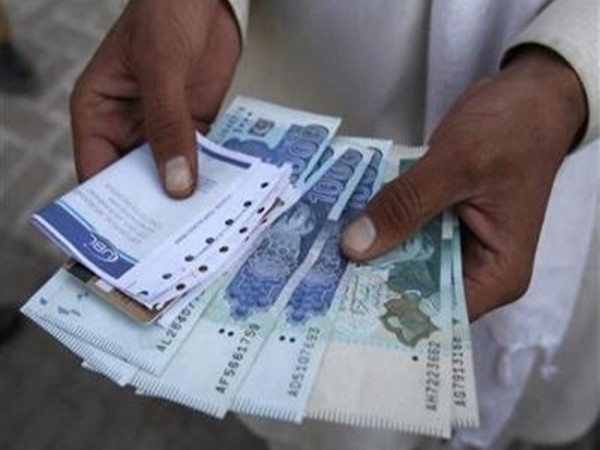
Afghanistan crisis may ‘shrink’ Pakistan’s economy

Islamabad [Pakistan], August 20 (ANI): Amid decreasing Foreign Direct Investment (FDI) flows, Pakistan’s economy is expected to shrink further, following Afghanistan’s current situation.
According to Dawn, the consistent decline in FDI flows into Pakistan in recent years should worry the country’s economic managers.
The net flows fell by just under 39 per cent year-on-year in July in continuation of the trend witnessed last fiscal when long-term, non-debt-creating investments plummeted by 29 per cent to 1.85 billion dollars from the previous year, the Dawn reported.
State Bank data for the last four years shows that inward FDI flows are either plunging or stagnating while outward flows have surged over time. Hence, FDI stocks have declined from 41.9 billion dollars to 35.6 billion dollars in five years from 2016 to 2020, it further reported.
“With rising fears of the impact of the Afghan situation on Pakistan, net FDI flows are expected to shrink further,” said the Pakistani publication.
The rise in Pakistan bond yields soon after the collapse of the government in Kabul indicates the loss of global investors’ confidence in the economy. Pakistan may also face reduction in its export revenues if the instability and uncertainty in Afghanistan linger, it added.
Pakistan had announced to settle the Afghan refugees in special camps set up along the border with Afghanistan, following the current situation of the war-torn country. Around three million Afghan refugees have been living in Pakistan, almost half of them illegally, as per reports.
Meanwhile, alarm bells are ringing for Pakistan as the trade deficit hit USD 3.058 billion in July. The government’s battle against bloated trade deficit is reversing as it widened 81.4 per cent in the first month of the current fiscal year (FY22), driven largely by the almost double increase in imports compared to exports from the country, reported Dawn.
The merchandise trade deficit reached USD 3.058 billion in July this year against USD 1.686 billion over the corresponding month last year, according to data shared by the Ministry of Commerce on Monday.
The trade deficit reached an all-time high of USD 37.7 billion in FY18. The trade gap has been widening since December 2020, mainly led by exponential growth in imports and comparatively slow growth in exports, reported Dawn. (ANI)

















POST COMMENTS (2)
Rubeen Prusty
Sudhanshu Sharan